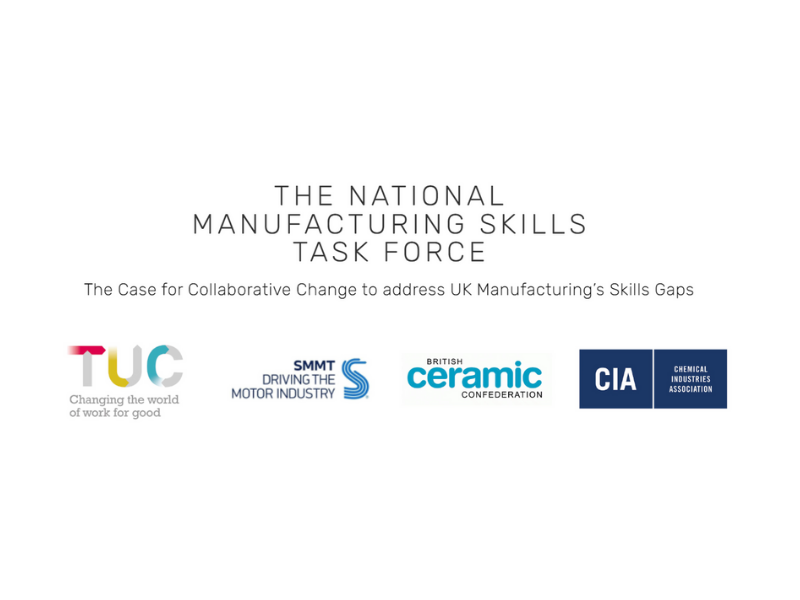Many UK sectors face labour shortages as the impact of Brexit and the global pandemic continue to bite but, in manufacturing, the skills gap is particularly acute. A shortage of specialist skills threatens to disrupt manufacturing output and supply chains in an already uncertain trading landscape.
Despite this, the future of UK manufacturing is bright, so long as immediate, and sustained action is taken to address the skills shortage. The UK features in the top ten of global manufacturing economies, delivering over £185 billion of output between 2020 and 2021. Over 2.7 million people are employed in the manufacturing sector, with salaries over 12+ per cent higher than in the rest of the economy. Britain’s reputation as a world leader is manufacturing is well-established and irrefutable, so capitalising on this by closing the skills gap is vital to strengthen the industry further and generate valuable new trade with global partners.
Addressing The Skills Shortfall
2020 saw a major alignment of the many organisations that represent manufacturers in the UK. In August 2020, an open letter was set to the Secretary of State for Education, highlighting the skills shortage that all sectors of manufacturing face in the UK.
This was the first time that representatives from across manufacturing, both employer bodies and trade unions, have united to assert their commitment to working collaboratively to address the problem. Recovering from the effects of Brexit and Covid-19 is critical to the future of the industry, and it is jointly recognised by manufacturing associations that targeted action is required to ensure employers have access to talented and highly skilled staff if they are to flourish in the coming years.
The National Manufacturing Skills Task Force
Formed by the original 16 signatories of the August 2020 open letter, the National Manufacturing Skills Task Force membership has increased to 21 organisations and continues to grow. The task force is a critical step towards tackling the skills crisis. By offering a unified approach, a strong voice, and strategic leadership, the task force aims to:
- Become a key intersection between employers, individuals, and the Government.
- Offer strategic leadership on areas of common interest and recommend proposals to the Government for policy or investment.
- Support education providers in the provision of training and education so that learners develop the skills required by manufacturing employers.
- Communicate the importance of manufacturing to a range of parties.
- Develop strategies for the retention of talent and skills in the sector.
- Share best practice and resources to enable manufacturers to attract skilled workers.
For more information about the National Manufacturing Skills Task Force visit www.manufacturingskills.org
Hone-All: A Champion For The Manufacturing Industry
At Hone-All, we are passionate advocates for the manufacturing industry and work hard to give small and middle-sized enterprises (SMEs) a voice in the challenging post-Brexit and post-pandemic world. Therefore, we welcome and celebrate the formation and work of the National Manufacturing Skills Task Force.
We have campaigned on a number of important issues, such as the appointment of a dedicated Minister for Manufacturing who would, in our view, provide better representation for manufacturing SMEs, restructure the failing support system and shape Government policy to give British businesses a more competitive edge.
We welcome enquiries, either about our involvement in manufacturing initiatives or our extensive range of precision engineering services, so please get in touch today to find out more.







